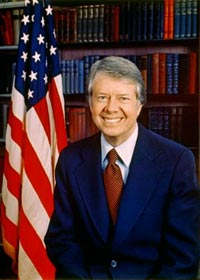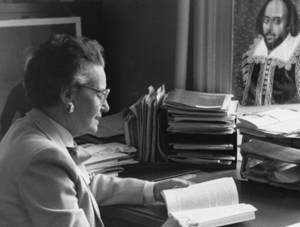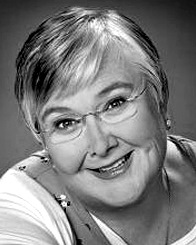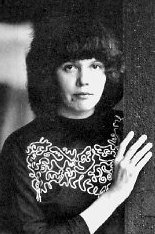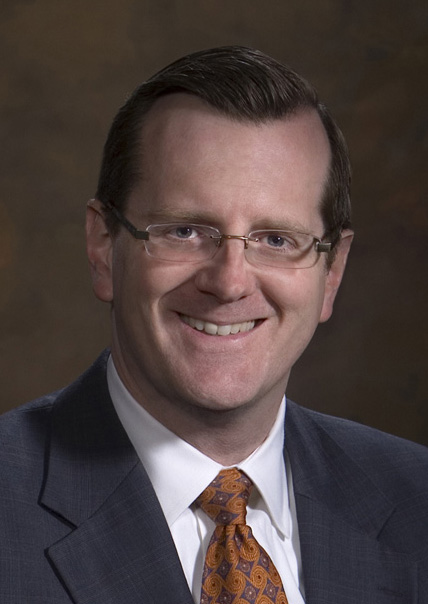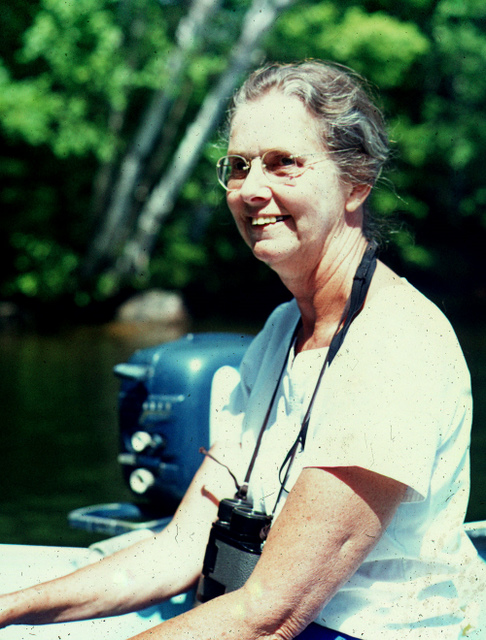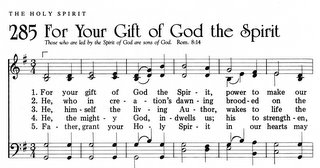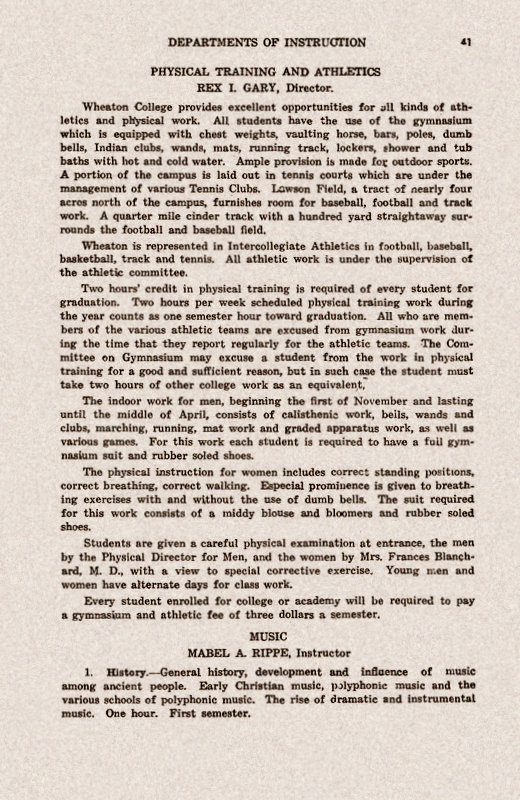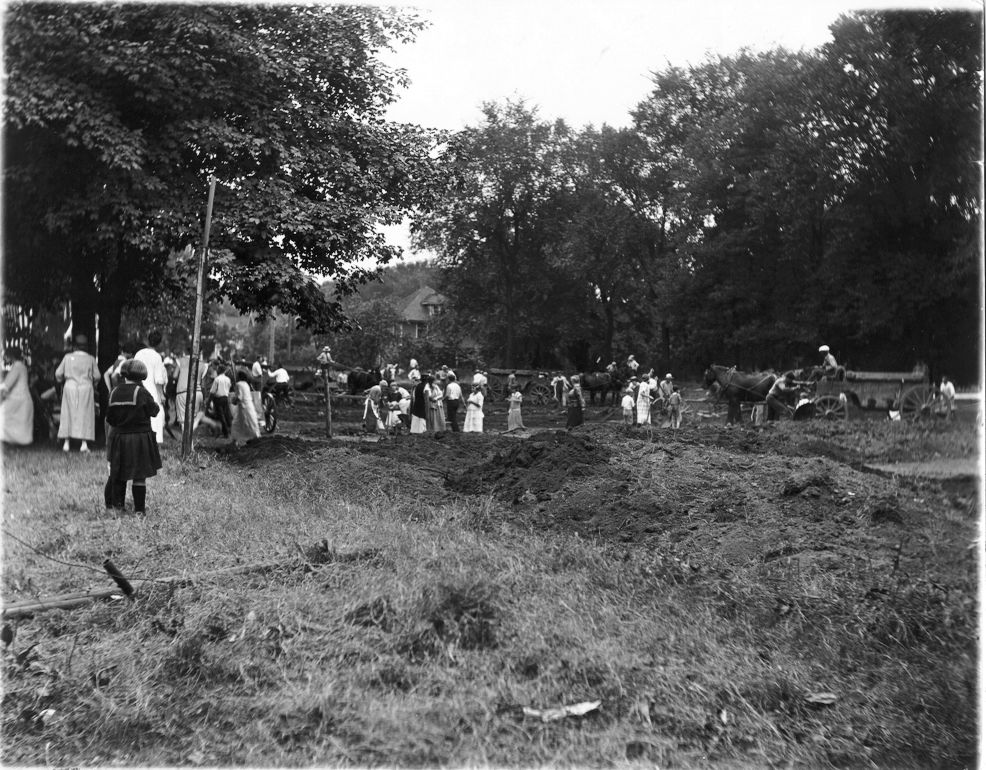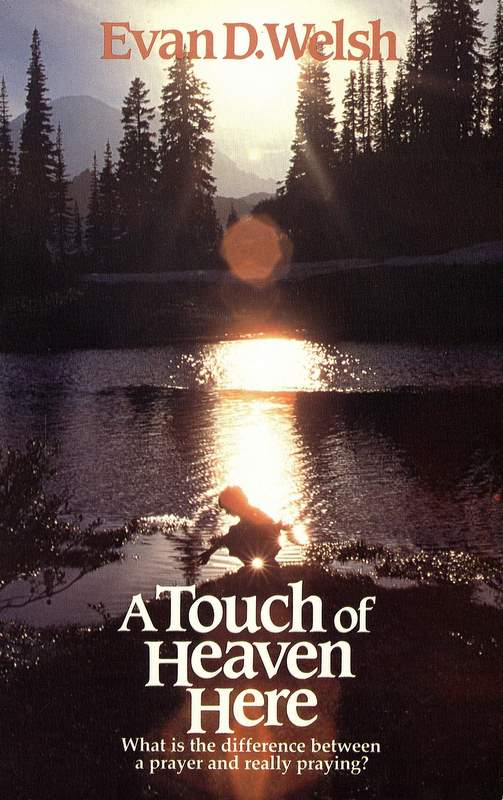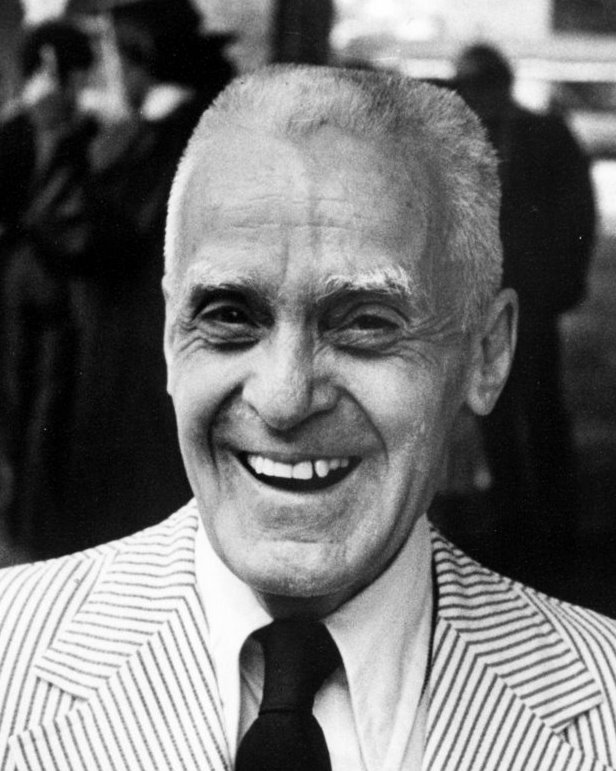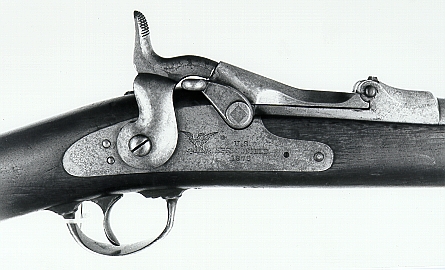From November 1-3, 2000 James Bryan Smith delivered five messages to the Wheaton College audience based upon his book “Embracing the Love of God, The Path and Promise of Christian Life.” The text of Smith’s first message was from 17th century Christian poet, George Herbert and his third poem on love.
Love bade me welcome, yet my soul drew back,Guilty of dust and sin.But quick-ey’d Love, observing me grow slackFrom my first entrance in,Drew nearer to me, sweetly questioningIf I lack’d any thing.“A guest,” I answer’d, “worthy to be here”;Love said, “You shall be he.”“I, the unkind, ungrateful? ah my dear,I cannot look on thee.”Love took my hand, and smiling did reply,“Who made the eyes but I?”“Truth, Lord, but I have marr’d them; let my shameGo where it doth deserve.”“And know you not,” says Love, “who bore the blame?”“My dear, then I will serve.”“You must sit down,” says Love, “and taste my meat.”So I did sit and eat.
 A synopsis of the book is found on the publisher’s website: “Unfortunately, in today’s world many people fail to experience the freedom and healing power of God’s grace. Even Christians too often experience judgement, rather than the love that is the vital essence of Christian life. A visionary guide in the spirit of Celebration of Discipline, Embracing the Love of God calls Christians back to the basics — to understanding the promise of God’s love to transform our most important relationships and fulfill our deepest spiritual needs. Here James Bryan Smith launches readers on a revitalizing spiritual journey. He distills the basic principles of Christian love and provides a new model for relationship with God, self, and others that is based not on fear and judgement, but rather on acceptance and care. Smith’s moving insights illuminate the gentle nature of God’s love and teach readers how to continue on the path of love by embracing it day by day. For both new Christians and those desiring renewal, Embracing the Love of God offers hope, peace, and guidance for spiritual growth.”
A synopsis of the book is found on the publisher’s website: “Unfortunately, in today’s world many people fail to experience the freedom and healing power of God’s grace. Even Christians too often experience judgement, rather than the love that is the vital essence of Christian life. A visionary guide in the spirit of Celebration of Discipline, Embracing the Love of God calls Christians back to the basics — to understanding the promise of God’s love to transform our most important relationships and fulfill our deepest spiritual needs. Here James Bryan Smith launches readers on a revitalizing spiritual journey. He distills the basic principles of Christian love and provides a new model for relationship with God, self, and others that is based not on fear and judgement, but rather on acceptance and care. Smith’s moving insights illuminate the gentle nature of God’s love and teach readers how to continue on the path of love by embracing it day by day. For both new Christians and those desiring renewal, Embracing the Love of God offers hope, peace, and guidance for spiritual growth.”
James Bryan Smith (M.Div., Yale University Divinity School, D.Min., Fuller Seminary) is a theology professor at Friends University in Wichita, KS and a writer and speaker in the area of Christian spiritual formation. He also serves as the director of the Aprentis Institute for Christian Spiritual Formation at Friends University. A founding member of Richard J. Foster’s spiritual renewal ministry, Renovare, Smith is an ordained United Methodist Church minister and has served in various capacities in local churches. In addition to Embracing the Love of God, Smith is also the author of A Spiritual Formation Workbook, Devotional Classics (with Richard Foster), Rich Mullins: An Arrow Pointing to Heaven and Room of Marvels.
![]() LISTEN to James Bryan Smith’s first lecture from November 1, 2000 (mp3 – 23:41)
LISTEN to James Bryan Smith’s first lecture from November 1, 2000 (mp3 – 23:41)
